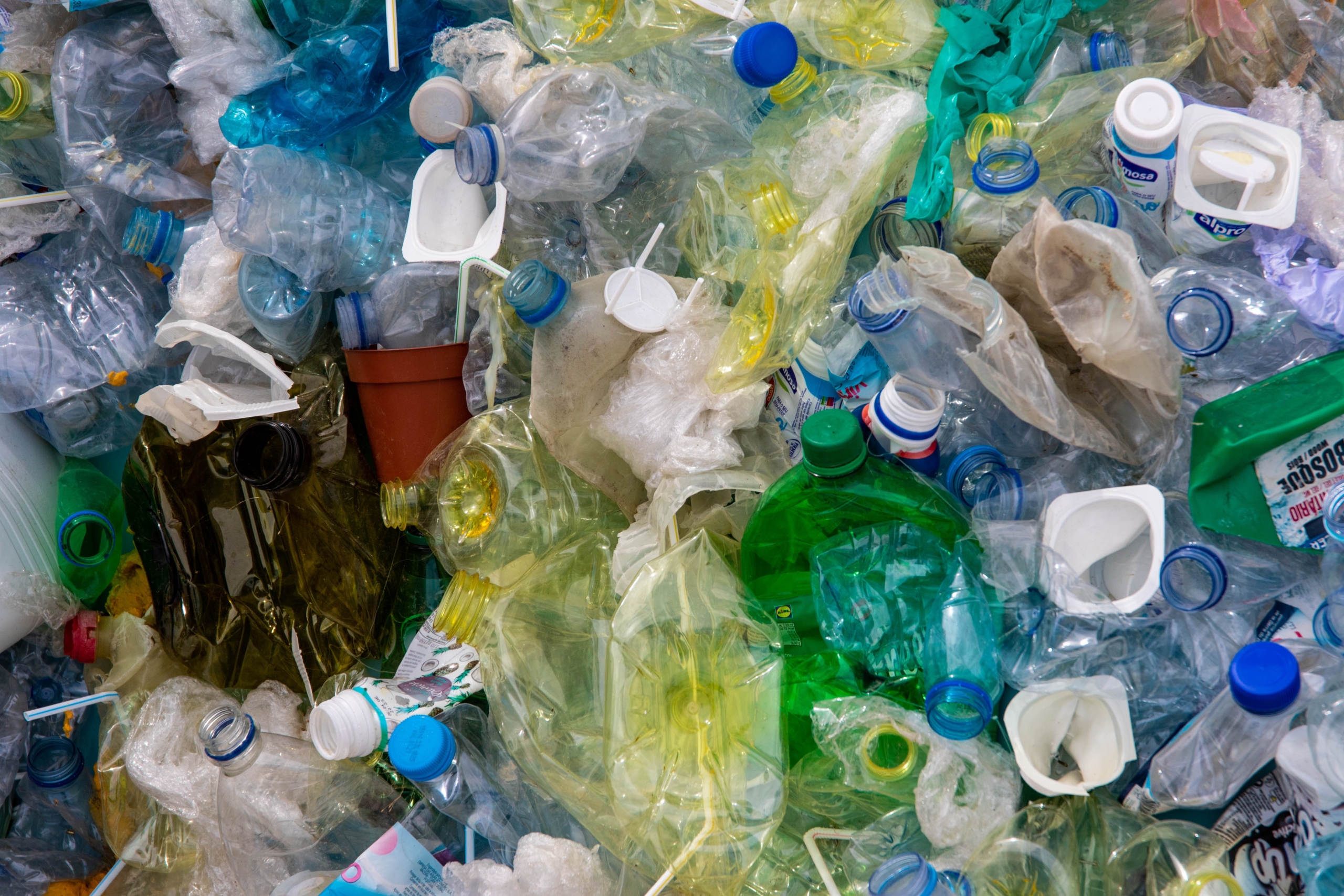EU to ban plastic products by 2021 in member states – UPDATE
The Ministry of Innovation and Technology aims to forbid the usage of single-use plastic bottles and other plastic carrier bags made out of a certain plastic material that degrades with oxidation, from next January on.
Daily News Hungary reported before that the use of a range of single-use plastic products would be banned from next January under a bill tabled to parliament by the Ministry of Innovation and Technology on Wednesday. Other news portals reported the details of this decision shortly after it was announced.
Index reported that the new law about banning plastic products in the country is based on another one announced in February which aims to protect the climate and the natural environment and contains several steps about the possible methods and techniques.
While PM Orbán and the government would like to delay the action plans of protecting the environment, the European Union urges them from the other side.
The law would include popular plastic products people only use once, like plates, bottles, straws, q-tips, and other plastics which degrade through oxidation. In the EU, countries would face stricter laws than the states which are not part of the Union and would not have the opportunity to use light and very light plastic products like carrier bags from January 1, 2021.
The EU suggests to companies and factories which produce these plastic products to come up with alternatives in the future. The government, therefore, would provide 13 million EUR/year to change their technologies, expand the factories, and increase capacity.
The European Union decided to come up with this suggestion as well as an early introduction as recent studies shockingly revealed that 85% of the pollution in European seas and on their shores is plastic, which is 75% of all kinds of pollution and garbage in the seas of the continent. As part of the decision, campaigns and effective communication need to advertise the reason why the EU decided to ban plastic products.

Read alsoThese are the most polluted areas of the Mediterranean Sea
The newly produced products need to have descriptions in the future about how much plastic material they contain, how they should be properly thrown away, and all the negative effects they have on nature.
Along with banning, collecting and completely recycling all the plastic products of the EU by 2025 is also an essential part of this project. All EU states are obligated to collect 90% of plastic products – especially bottles – by the end of this year.
Since 1950, humanity has produced approximately 350 million tonnes of plastic products.
Scientists discovered that China and Indonesia are the main sources of single-use plastic pollution: bottles, packaging, and bags pollute the oceans. They estimate that China and Indonesia alone are responsible for around 5 million tonnes of plastic waste ending up at sea each year. To prevent plastic pollution, several countries have already made decisions about the complete ban on them. Africa, for example, takes the plastic bag problem very seriously; more than fifteen countries on the continent have either banned them completely or tax them. Before the first ban was introduced in 2003, South Africa had actually named plastic bags their “national flower” due to their overwhelming presence in trees and bushes.
In some Asian countries and some states and territories of Australia, decisions about the ban of plastic products have been made. China, for instance, banned thin plastic bags, although the country still produces many tonnes of this material.
Currently, the United States of America is the only part of the world which has not introduced any kind of state ban or measurement regarding the production of plastic products. On the other hand, an increasing number of U.S. states and cities have taken matters into their own hands. For example, in 2014, California became the first state to ban plastic bags and charge for paper bags. Other areas that are fighting the use of plastic bags with either bans, taxes, or special recycling programs include New York, the District of Colombia, Rhode Island, and Puerto Rico.
Plastic Free July was a complete failure in Hungary
More and more people know about the damaging effect of plastic waste on nature. However, the initiative of Plastic Free July was not successful in Budapest at all, RTL News reported. Moreover, there were 150 tonnes more plastic waste generated than in June, before the challenge. The initiative of 2011 has become global by today. The purpose of the action was to make households produce less plastic. It was not successful in Budapest, though. 1,362 tonnes of plastic waste was produced in the capital, which is more than the amount of the previous month (1,212 tonnes) and last year’s July (1,329 tonnes), based on the data of FKF (private Ltd. of public space maintenance in Budapest).
Source: www.index.hu
please make a donation here
Hot news
What happened today in Hungary – 26 July, 2024
Drama: number of births in a 20-year low in Hungary
Yay or nay? – 6 odd Hungarian delicacies that make our skin crawl
Budapest tourism “exploded” this past weekend
Container transport in Budapest may stop: How will this affect Hungarian economy?
Minister: Hungary will protect its territory by every means possible




